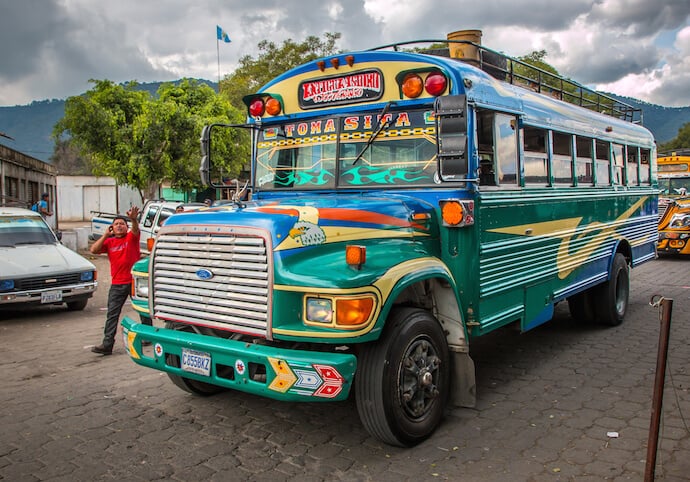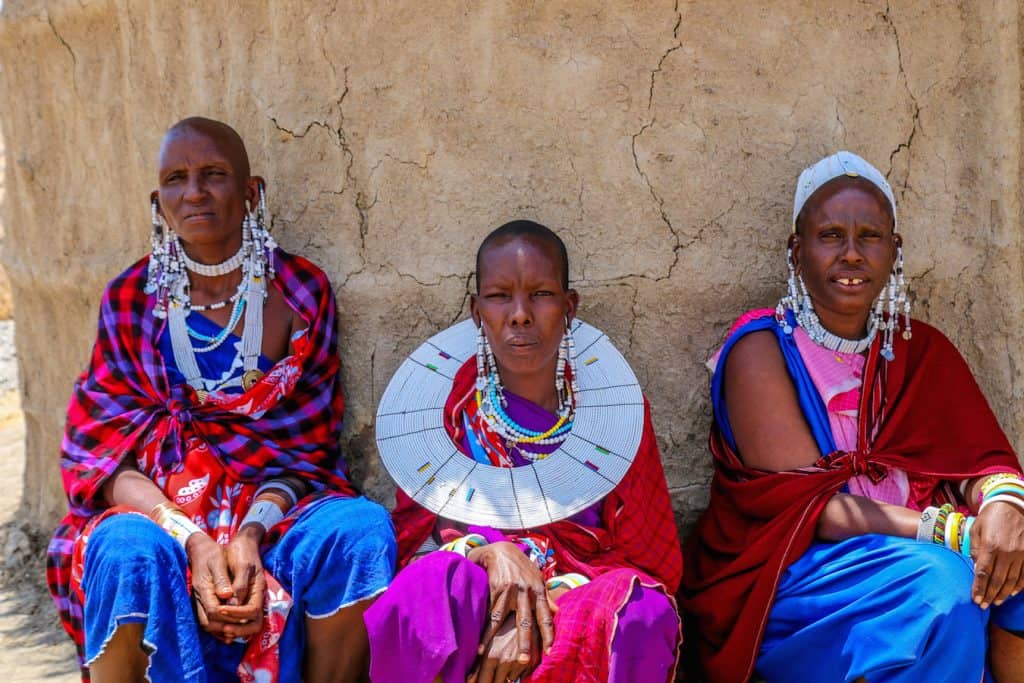As a Slow Travel practitioner for more than a decade now, I’m clearly partial to the many benefits it provides.
But I also believe that my experiences make me an astute observer of why this approach to travel works so well.
At the risk of provoking controversy, I’ll just come right out and say it: I think Slow Travel is the ideal way for everyone to see the world.
It’s admittedly easier to say this being the perpetual nomad that I’ve been for most of my adult life. I’ve had no mortgage to speak of, no kids to support, and nary a “real job” to contend with.
But regardless of your financial ties or career commitments, I believe that traveling slowly is generally the best way to go.
To back up this thesis, I’m prepared to give you eight reasons why Slow Travel is better for you, for your travel experience, and for the planet itself…
READ MORE: What is Ecotourism? The History & Principles of Responsible Travel
What Is Slow Travel?
Before we dive into some of the many reasons why Slow Travel is superior, perhaps a discussion of what this increasingly popular tourism industry buzzword means is in order?
In essence, Slow Travel is the opposite of Mass Tourism (a.k.a. Overtourism), which has proven to be increasingly devastating to some of the world’s most popular travel destinations over the last few decades.
Slow Travel means not trying to stuff a million different activities into an itinerary. In fact, sometimes it means experiencing the benefits of not having an itinerary at all.
It means not constantly moving from place to place, whether that be sights within a city, cities within a country, or countries within a continent.
It also means transporting yourself from one destination to the next with no regard for the amount of time it takes. It’s about enjoying the journey itself as much as the destination.
These concepts may sound somewhat cliché, but they’re all about changing our mindsets away from the notion of merely ticking off bucket lists and instead looking at travel as a means of having more immersive experiences.
The goal is for these experiences to give us a deeper understanding of the places we travel, as well as more organic experiences that will help us understand local people, traditional cultures, and the environment in which they live.
READ MORE: Hawaiian Mythology: An Intro to Hawaiian Gods, Goddesses & Legends)

Click Here to Read the Full Original Article at Green Global Travel…
